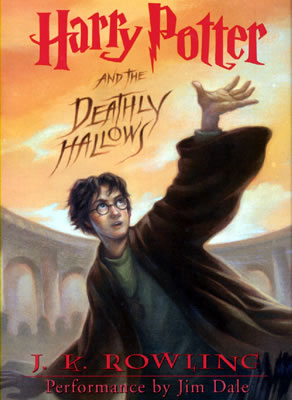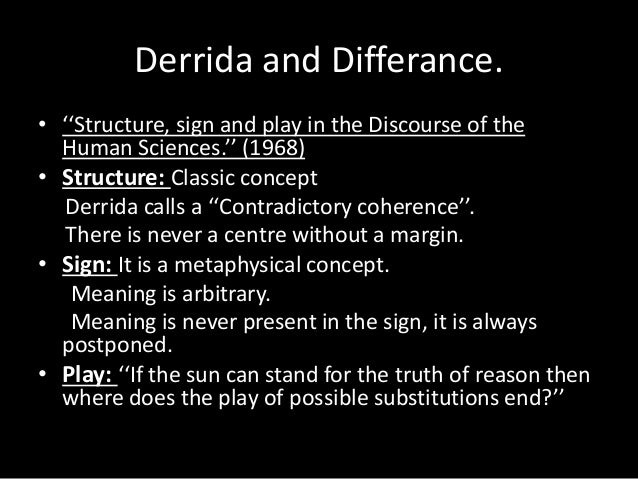Harry Potter : J . K . Rowling

2. ) Feministic Views
One of the ways in which the authors attempt to represent strong and independent female characters is through the change of roles i.e. through incorporating female characters in adventurous plots usually reserved for men. In accordance with this opinion female characters are given male roles in many adventure or fantasy literary works. However, it cannot be said that Rowling employs this technique to represent Hermione, because Hermione’s power is not realized through typically male roles; also, she does not attain androgynous characteristics conforming to the theories of radical feminists.
Hermoine is belongs to the ‘Muggleworld’. And,she also known as ‘Mudblood’ as her parents one is wizard and another is ‘Muggle’.so, just because of that ‘Hermoine’ has to bear ‘Mudblood’ sentence like her ‘Darkspot’. She is really intellectual than the Harry himself .And, brave, beautiful,innocent and most clever student of, Hogwarts school in her age,’Harry’ and ‘Ron’ both of her classmates bestfriends. Hermoine always supports ‘Harry’ in each and every problems of his life.And,also helps in to find out Horcruxes .she always gives him support as a ‘bestfriend’.
Hermione as a girl
Care, Love, Ignorance , Emotionality, Hurt, Struggle.
Hermione as a feminist character:
Intelligent that Harry and Ron, Power to take quick decision, Fight, Clever, Thinker than applier
Hermione Granger is a good example of the many parts a character might represent because she is a friend and a student, and she is portrayed in many different lights throughout the Novels.
Example:
Hermione fights battles differently than do the boys in the novels, she uses her reason and logic in order to solve problems and mysteries, and her strength can be seen from this.
Intelligence :
The psychologist Gail Grynbaum states
“Hermione is repeatedly the truth-sleuth, comfortable in the library, who finds the clue that makes sense of the mystery at hand. She is always the one standing at a crossroads pointing the way.”
Hermione is that character that is smart, and she is able to figure out most of the secrets that no one else can. Her knowledge and brains save her and her friends throughout the series multiple times, showing her strength every time she uses her intellect to defeat a problem.
EXAMPLE:
Harry James Potter, who had found himself a book full of potion cheat codes. The last thing he needed was another helping hand. Hermione warned him about using the book.
9 ) The theme of Love and Death:
In the novel Love and Death are the themes that go simultaneously. All the books of Rowling have these common theme “Selfless Love gets triumph” as is said ‘Truth always wins’. We can talk on this theme is traditionally and mythically. Last line of book…
“The scar had not pained Harry for nineteen years. All was well.”
Love is a significant theme in all the books of Harry Potter series. Harry loved all, and was loved by all. This book delineates the concept of strongly tied of love among the character.
Love plays vital role in Voldemort's downfall than he or Harry realize.
“Voldemort also unwittingly ensures that Harry is tied to life while Voldemort lives by taking some of his blood in the hope that he will be able to gain some of the protection that lingers in Harry as a result of Lily sacrifice."
“You should have died for them! As we would have done for you”.
Death has played a central role in each book, and is at the heart of the final confrontation between Harry and Voldemort. Both Horcrux, which form the main thrust of the entire series, and the Deathly Hallows which are a major part of the story of the seventh book, are shown to be means of avoiding or mastering death. Harry’s attitude toward death is usually shown as a balance between recklessness and respect. Many times, Harry’s actions have led to his being in a dangerous situation, yet he has faced death bravely.
gains courage to face Voldemort and his own death.
7 ) Speculative literature
Speculative literature deals with fantasy, supernatural elements, imaginative world in short a world which is creation of a author. a world from a distance seems to be unreal. Which leads to escape from real to unreal. but here we see a child Harry which slowly growing into adulthood which gives a real feeling of a growing child. the way every human beings grows...natural process.
Apart from magic, many things we could find in our real world and among all human beings. that is :
Apart from magic, many things we could find in our real world and among all human beings. that is :
Feeling of love, hatred ,problems of life, finding solutions, relationships, sacrifice ,death ,adventure etc.
so it tooks us to reality .
so it tooks us to reality .
And it has deep philosophy of life.


